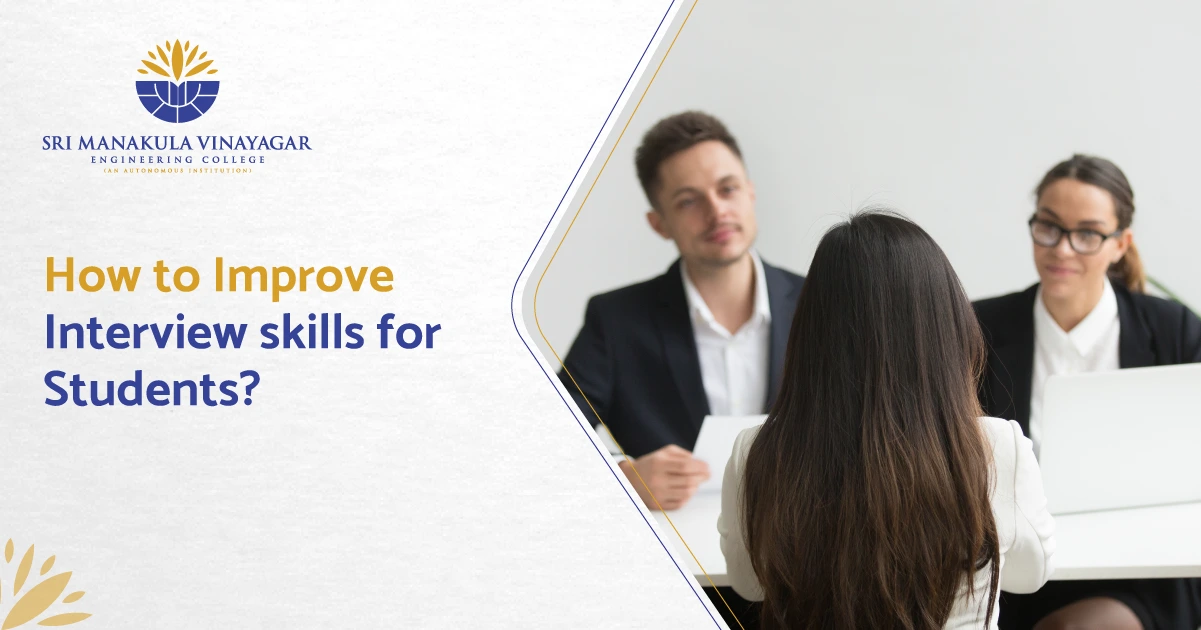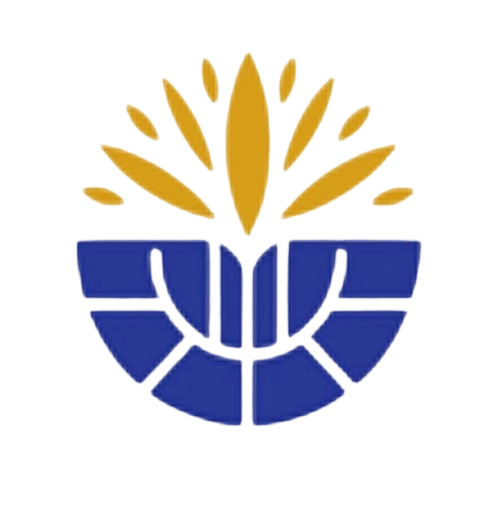Introduction
When you’re just becoming a student and soon into your career, critical skills that you will learn to thrive are interview skills. These are vital throughout your application processes- be it summer or part-time jobs or even graduate programs- since your communication or interview skills could either break or build bridges on the way. An interview can show all that you have to offer- your skills, experience, and personality. However, you may find that even the best qualifications cannot come up without proper preparation. So now, let’s get into what you might think is one of the most crucial steps to improve your Interview Skills for students!
Why Interview Skills For Students Matter?
To get back in the groove and have a short swap with a future interviewer, the interview is the first move. It could be a college admission interview or a job interview: any which way, the first impression you make can influence your career for years to come. When you stand tall and answer confidently while expressing yourself clearly, then you become a notch above the rest.
Preparation Is Key For Interview Skills For Students
1. Company Reconnaissance
Before entering the interviews, find out about the company or institution with which you are interviewing. Research its value systems, culture, recent successes, and what they do. Why? Employers like candidates who exhibit knowledge and genuine interest in the position.
2. Understanding The Job Description
Next is one of the vital steps, which is understanding the job description or position for which one is applying. He goes hand in hand with the job description responsibilities and qualifications for old internships and new jobs. And then tailor-made interviews. Check off the skills and experience you have against the job description to comment on your fitness for this job.
3. Prepare Your Own Questions
Surprisingly, interview sessions cannot be unilaterally approached. Feel free to formulate some cogent questions about the work, the teammates, or the company to seek answers. It demonstrates your genuine interest while giving you a chance to see whether this role is a good fit for you.
Practice Makes You Perfect
1. Interview – Mock
Practice only is the secret to achieving the finest skills. Get ready with some mock interviews with friends, family, or mentors to practice. Indeed, more practice will keep making you confident with real interviews. It acclimatizes one to the interview format and can be followed by working on timing, body language, and speaking fluency.
2. The STAR Method For Behavioural Interview Questions
For example: “Give me an example of a time when you had to resolve a conflict.” So, in essence, behavioral interview questions should best be answered using the STAR method, viz. explaining the Situation, Task, Action, and Result. This format has been proven effective in delivering straightforward yet tight responses regarding your skills in identifying problems and solving them.
Mastering Non-Verbal Communication
1. Body Language Tips
Your body language speaks a lot. Straighten your torso and sit up straight with your arms hanging naturally at your side or resting on your lap. Keep your legs uncrossed. A warm but professional attitude leaves a lasting impression. Remember, your non-verbal signals will express confidence, openness, and readiness.
2. Eye To Eye Contact With A Handshake
Eye contact forms the most important part of an interview since eye contact often speaks much about the attentiveness and confidence you have. A firm handshake (never too strong and never too weak) surely points professionals toward each other. The little things count when it comes to perception.
Answering Common Interview Questions
1. Tell Me About Yourself
The first question that is always asked in an interview is, invariably, and sets the tone for everything else. Keep the answer short mentioning achievements, expertise, as well as experiences related to the job or program. Show how enthusiastic you are about such an opportunity as well as how well your background matches it.
2. Strengths And Weaknesses
When asked about your strong points of yourself, just speak concerning those points that apply directly to the job for which you are applying. For weaknesses, mention one area that you are working on currently to sound quite convincing while stating how you are working on it.
Some Post-interview Follow-up Tips:
One of the first things you do after the interview is send a quick thank-you email. Especially its elegance has an efficacy of its own. Thank them for giving you a chance, show that you have further interest in the position, and then clarify how your skills fit their needs. This demonstrated a high degree of professionalism and an authentic interest in the role.
Sri Manakula Vinayagar Engineering College: Preparing Students For Success
Sri Manakula Vinayagar Engineering College, otherwise known as SMVEC, is one college that prides itself in perfecting the art of interviews among students. Their robust placement preparation programs with mock interviews and extensive industry interaction value the students by providing real conditions to practice and hone their interview skills. All this training and counselling will prepare students to face interviews competently and finally land them in befitting positions in their respective interests.
Conclusion
To gain revelry into letting in an interview becomes one of the major instrumentalities in entering the outside world. Proper preparation, regular practice, mastery of body language, and learning to answer common questions with confidence can maximize success. Interview skills for students are not meant solely for the academic background but how you present, talk, and gain fit into company culture. So take your time to practice; your dream job is just one interview away!
FAQs On Interview Skills For Students
1. What are your preparations for the interview when you still do not have any experience as a student?
Concentrate on talking about the academic qualifications: internships, projects; or even voluntary work experience. Go on and practice stating how those experiences developed your teamwork, problem-solving, or time-management skills.
2. How can I grow confidence during interviews?
Start by practising in front of the mirror or with friends. Gradually, the more you will do this, the better you will start feeling about it. Put all of this together, and remember to give them a piece of view of who you really are.
3. How can I prepare for technical interviews?
Just make sure your fundamental technical knowledge is up-to-date. Acquire proper knowledge in solving problems, coding exercises, and elucidating your thought process clearly. Mock interview technical sessions may also help.
4. Should I be putting on formal clothing even if this company generally follows casual codes for their dress for an interview?
Yes, it is better to err on the side of underdressing, as such portrays courtesy and professionalism. One will judge the company’s favourable culture and choose a favourable one based on this.
5. How do I speak my mind on the issue – of my strengths and weaknesses?
As strengths, state job-relevant qualities. Weaknesses should be something real and an area you’re working on to improve. Just give an example of how you’re working towards it.




